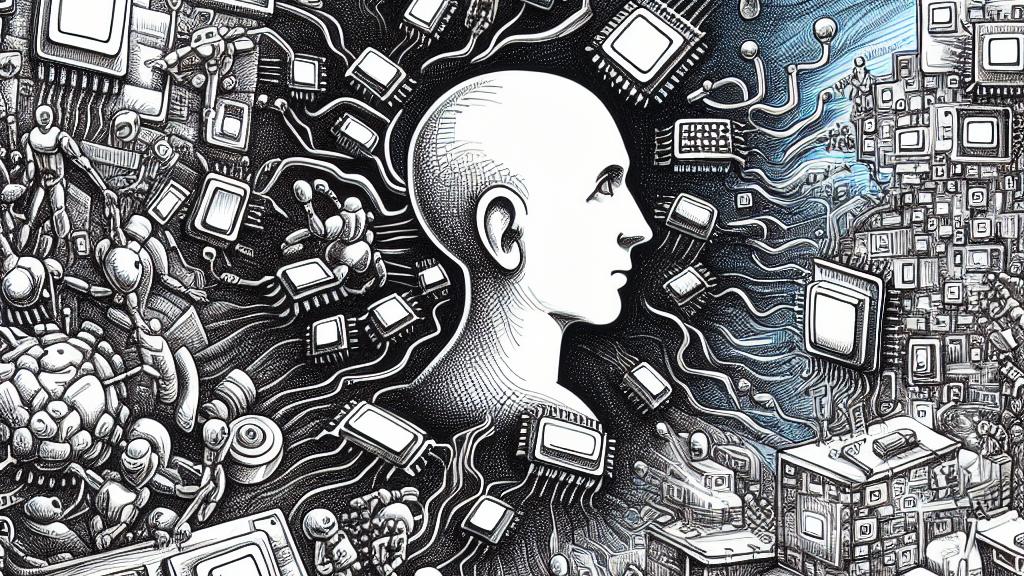Performance Comparison of NVIDIA B200 and Google Trillium in MLPerf Benchmarks
Overview
- Witness the remarkable performance of NVIDIA B200, which boasts a stunning 2x boost over H100 in key benchmarks.
- Explore Google's Trillium, showcasing an impressive nearly 4x enhancement compared to its predecessors.
- Both chips signify monumental breakthroughs in AI training efficiency and represent the future of technology.

Unveiling the MLPerf Benchmarking Arena
In the vibrant and fast-paced world of artificial intelligence, MLPerf benchmarks have emerged as a critical yardstick for evaluating the prowess of AI hardware. Recently, this arena welcomed two groundbreaking entries: NVIDIA's B200 and Google's Trillium chips. Their unveiling in late 2024, specifically in the United States, has drawn significant attention from tech enthusiasts and industry experts alike. The NVIDIA B200, leveraging the innovative Blackwell architecture, sets a new standard by achieving a spectacular doubling in efficiency compared to the formidable H100. Imagine harnessing that power to rapidly train complex large language models (LLMs) with unprecedented speed! On the flip side, Google’s Trillium, now in its sixth generation, takes the spotlight with a staggering performance enhancement of almost four times over its predecessor, propelling AI chip technology into thrilling new territories. These developments not only reshape the competitive landscape but also ignite intense rivalries in the search for supremacy in AI chip capabilities.
Dissecting the B200's Stunning Performance Metrics
Diving deeper into the workings of the NVIDIA B200 reveals a chip designed to push boundaries and redefine expectations. By strategically lowering precision from 8-bit to 4-bit calculations, this processor accelerates processing speeds while maintaining a commendable level of accuracy. A vivid demonstration of its capabilities emerged during the MLPerf benchmarks, where the B200 exhibited remarkable gains: achieving approximately 64% improvement in fine-tuning the Llama 2 model and a 62% boost in image generation tasks over the H100! Such groundbreaking advancements underscore a pivotal shift in the AI training paradigm, where leveraging smaller data sizes can significantly enhance throughput. For instance, during rigorous benchmarking, the B200 not only outperformed predecessors but also carved a path for future innovations in AI processing. It is this relentless drive for efficiency that cements NVIDIA's status as a leader in the AI technology arena.
Google’s Trillium: A Robust Contender in AI Processing
Stepping into the fray, Google’s Trillium signifies the company's unwavering commitment to propelling AI technology forward. A staggering performance leap of 4.7 times over its predecessors positions this chip as a transformative force that captivates engineers and developers alike with its promise of enhanced power and efficiency. However, it faces formidable competition as it squares off against NVIDIA's B200. For instance, when configuring a setup with 6,144 TPU v5p units, Google secured impressive results, yet it took around 11.77 minutes to accomplish significant GPT-3 training tasks. In stark contrast, the NVIDIA H100 system achieved the same benchmark in just 3.44 minutes with 11,616 units! This eye-opening disparity emphasizes the fierce competition within the industry and highlights the pressing need for ongoing innovation. While the Trillium marks substantial advancements for Google, it’s evident that NVIDIA continues to secure its stronghold in the relentless race for AI chip supremacy.

Loading...